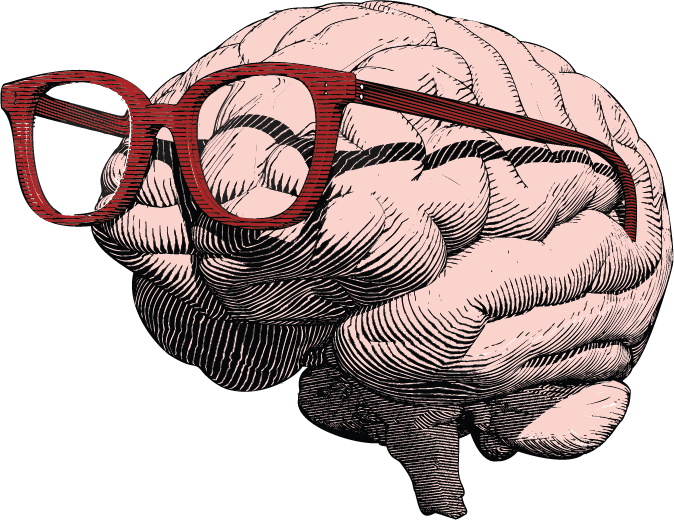Jorge Vazquez-Anderson: Boston Consulting Group Project Leader
Jorge describes his home state of Jalisco, Mexico, as “the most beautiful place in the world.” This place that many know as the birthplace of mariachi music and tequila, Jorge remembers fondly for its famous cuisine and his friends and family in Guadalajara.
It was in Guadalajara that Jorge first encountered the worlds that would define his career: business, introduced by his father, and science, the result of training as a chemical engineer. Many times he has asked himself “am I in business or am I a scientist?” The answer to the question has changed more than once, though he thinks that he has found a happy synthesis of the two in his current position in the Dallas office of the Boston Consulting Group (BCG).
The Importance of Representation in Mentorship
Jorge deeply values good mentorship. As an undergraduate, one of Jorge’s professors showed him how he could pursue a career in science, and eventually helped him start a corporation which provided scientific solutions to local businesses. He was also fortunate enough to find a great mentor in graduate school. Though Jorge admits he suffered from the dreaded “imposter syndrome,” his graduate advisor (herself a native of the Dominican Republic) helped him overcome many of these feelings by providing a safe space for him to work and excel in a program where very few people were born and educated outside the United States, and nobody else spoke Spanish.
Jorge believes that scientific training, and the careers that it can launch, need to be accessible to a more diverse group of people. In his estimation, the graduate school admissions process tends to value characteristics such as matriculation at elite universities or reference letters from famous supervisors; these experiences are often only accessible to a narrow field of potential scientists and aren’t necessarily predictive of success in a PhD program. He thinks that one solution is to provide more PhD students with what he had: mentors who can relate to their background. Jorge is working to institute changes at BCG which will generate a support network for all employees, with an eye toward helping the firm retain underrepresented hires and advance their careers
How STEM PhDs Do (And Don’t) Prepare You for Consulting
Nick and Jorge discuss the ways in which their experiences in graduate school prepared them — and at times failed them — when they first started at BCG. Many new consultants who come from a PhD background are used to only communicating their conclusions on a project once it has been completed in its entirety. Consulting firms (and their clients) need to make decisions at a much more rapid pace than labs do. Jorge explains that you “need to understand the context of any problem that you are working on. What is the kind of answer the client needs?” Many new hires learn that it’s better to give an answer in two hours which is off by a few percentage points rather than wait three weeks to provide a more accurate analysis.
We base our PhD dissertation titles on the 1% of experiments that don’t fail. You are used to failing experiments. You are used to trial and error.
Jorge Vazquez-Anderson
Conversely, there are some skills that PhDs have right away. In Jorge’s experience, PhDs are great at making important insights quickly after looking at a dataset. Graduate school also endows people with another necessary quality for life as a consultant: tenacity. “We base our PhD dissertation titles on the 1% of experiments that don’t fail,” Jorge says. “You are used to failing experiments. You are used to trial and error. You need perseverance to get to the end, and you need perseverance in this job.”
Jorge’s Favorite Books
Once a Scientist is made possible by support from our listeners! Each week, we ask our interviewee to tell us about their favorite books. If any of these reads catch your eye, you can support the show by using the links below to buy a copy for yourself!
- The Hidden Reality: Parallel Universes and the Deep Laws of the Cosmos by Brian Greene
- Perfume: The Story of a Murderer by Patrick Suskind
- The Unbearable Lightness of Being by Milan Kundera
- Sapiens: A Brief History of Humankind by Yuval Noah Harari
Notes for this episode were co-written by Sam Asinof and Caroline Sferrazza.
